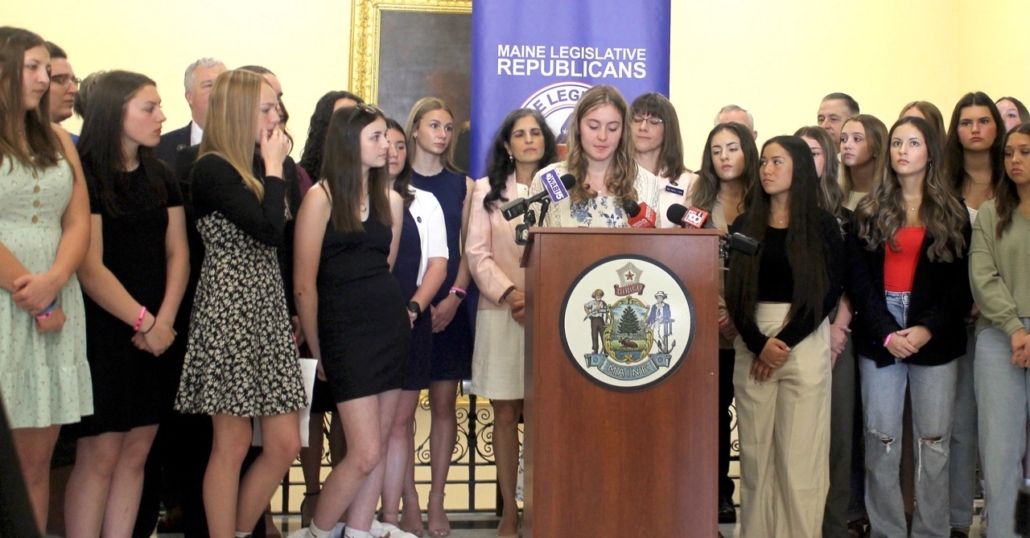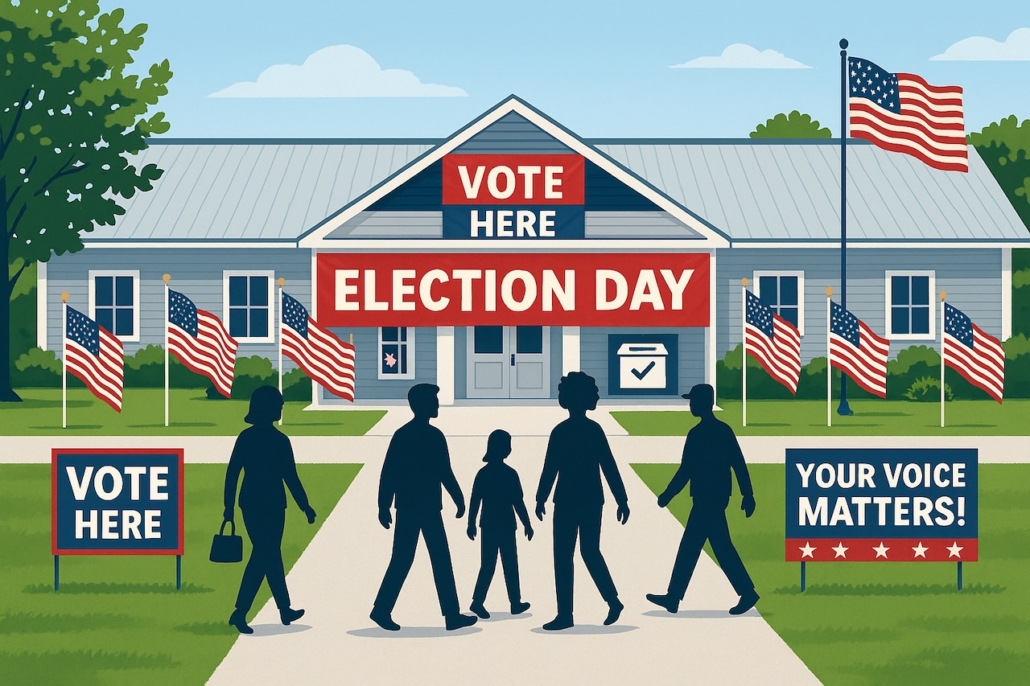Local legislator participates in virtual ecological conference

Representative Stanley Paige Zeigler, Jr.
District #96 state Representative S. Paige Zeigler recently spent two days in a Zoom conference with other ecologically-concerned state legislators from throughout the nation. The meeting was convened by the National Caucus of Environmental Legislators, whose thousand-plus members regularly trade advice to improve laws and governance of natural resources. Zeigler led the Maine contingent as the group held its 2020 National Forum in virtual space on August 6 and 7, an opportunity for 150 state leaders to discuss goals and methods. Keynoted by Ken Salazar, interior secretary in President Obama’s first term, the participants discussed:
Sustainable food systems. Attendees exchanged ideas on how to promote local production of healthy food without damage to the environment.
Utility reform. This part of the meeting focused on transition to renewable energy sources with lower costs both to consumers and to the planet.
Habitat connectivity. Participants discussed ways to regulate development so as to avoid slicing and dicing habitats into areas too small for wildlife to thrive.
PFAS pollution. A major component of plastics, PFAS (polyfluoroalkyl substances) is a group of “forever chemicals” that leach into soil and water, enter the food chain, and are known via animal studies to damage the liver, thyroid, reproductive organs, and immune system. Maine officials are intensely interested in PFAS control since February, when milk from one central Maine dairy farm was found to contain 60 to 150 times the standard limit. The farm’s milk production has been shut down, and investigators are trying to find the source of the pollution.
Transport electrification. Decided in favor of a feasibility study on converting the Ferry Service to electric power so as to cut greenhouse gases.
Environmental justice. A pair of Maine laws served as examples: one requires private well testing for contaminants, but the other helps out with the cost, an essential provision because toxic waste tends to be dumped where the poor live.
On August 6, a meeting was held by the University of Maine regarding a new source of power. Because of public/private cooperation, Maine is on the brink of starting to launch wind generation offshore. The university has the technology and there is financing available. The partners are going to work with the fishing fleet so they will have access to the areas they need. The state could generate all of its own power at an affordable rate and still export some.”
Responsible journalism is hard work!
It is also expensive!
If you enjoy reading The Town Line and the good news we bring you each week, would you consider a donation to help us continue the work we’re doing?
The Town Line is a 501(c)(3) nonprofit private foundation, and all donations are tax deductible under the Internal Revenue Service code.
To help, please visit our online donation page or mail a check payable to The Town Line, PO Box 89, South China, ME 04358. Your contribution is appreciated!





Leave a Reply
Want to join the discussion?Feel free to contribute!